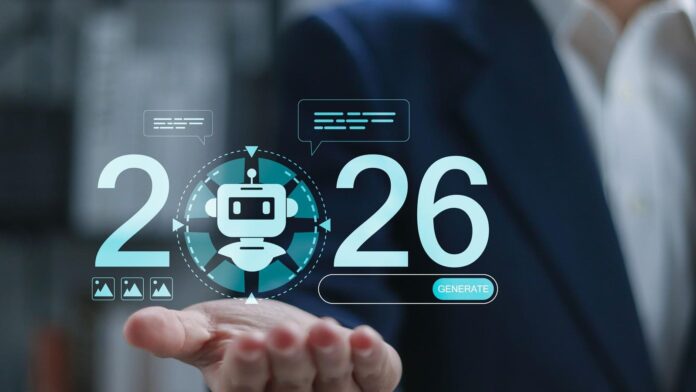AI agents are transitioning from experimental tools to essential assets for managing complex tasks and strategic decisions by 2026. This evolution marks a significant leap beyond generative AI, enabling agents to perform actions, collaborate, and pursue long-term objectives with minimal human intervention. Key trends include:
- Agentic Teamworking: AI agents will collaborate across tasks, optimizing workflows.
- Everyday Task Management: Agents will automate routine activities like grocery shopping and fitness scheduling.
- Marketing Adaptation: Businesses will strategize to cater to agent-driven purchasing, shifting traditional marketing approaches.
- Healthcare Innovation: AI will manage comprehensive patient care, overcoming professional shortages and high costs.
- Cybersecurity Enhancement: AI agents will proactively combat rising cyber threats.
- Financial Services Evolution: Banks will employ agents for compliance and fraud detection.
- Companionship Role: Agents will serve as virtual companions, addressing mental health and social isolation.
- Trust Development: A critical concern will be ensuring transparency and ethical use, as society navigates AI’s impact on decision-making.
Preparing for an agent-centric future will be crucial for businesses and individuals in achieving success and fostering collaboration.
